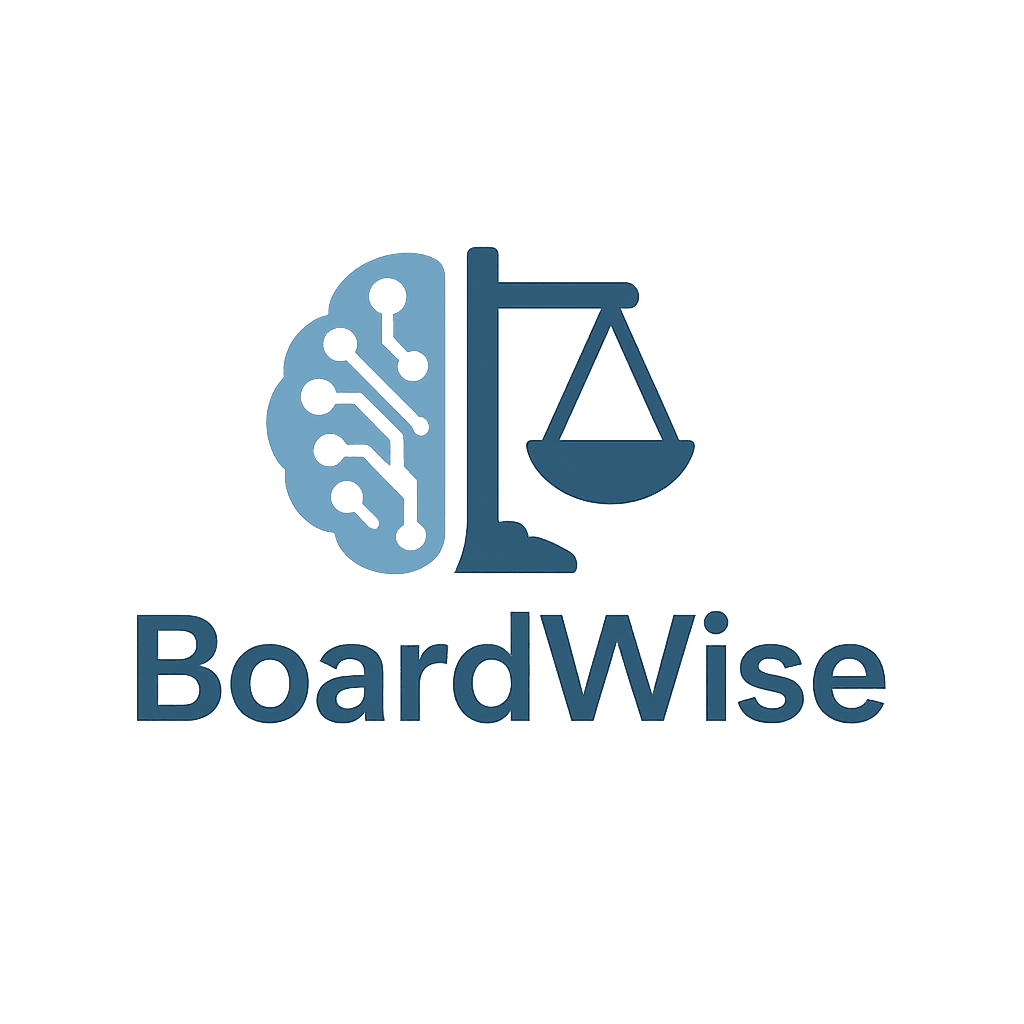Your Rights and Risks When You Move to a New State With a Professional License
Matt
Founder & CEO of BoardWise

Changing states is stressful enough. But when you're a licensed professional, there is an extra layer of pressure that most people never see. Every move brings questions: Will the new state honor your license? Will your past follow you? What happens if something is flagged during the application process?
If you are navigating this right now, take a breath. You're not alone, and the process is manageable with the right information.
This guide explains what really happens when you take your professional license across state lines, what rights you have, what risks to prepare for, and how to protect yourself.
1. Every State Has Different Rules. Expect Differences, Not Problems.
No two states regulate a profession exactly the same way. Even national exams and compacts don't eliminate the differences in statutes, rules, renewal cycles, continuing education expectations, or scope of practice standards.
This doesn't mean you're in trouble. It just means you should expect the paperwork to look different and the timeline to vary. Planning ahead reduces stress. Leaving it all to the last minute is usually where people run into avoidable complications.
2. Your Old State Can Follow You, But It Doesn't Control You
Many applicants worry that if they had a prior complaint, termination, settlement, or even something minor like a write-up, it will automatically ruin their chances in a new state. In reality, states do look at your history, but they make their own decisions.
A few key points to remember:
- If you have a clean license, most states will verify it and move on.
- If you have a past disciplinary action, the new state will want to understand the context. A warning, consent agreement, or reprimand does not automatically disqualify you.
- If you've never been disciplined but you had employer conflict, a termination, or a dispute, you usually just have to explain the situation clearly and reasonably.
You still have your rights. You get to tell your story. And you get to submit clarification, supporting documents, and letters. It is not a one-strike system.
3. Red Flags Don't Mean Denials. They Trigger Review.
Most licensing systems use automated "red flag" screens. These look scary, but they simply tell the board: look at this application more closely.
Common triggers include:
- Answering "yes" to questions about discipline or termination
- Name mismatches
- Past license in another state
- Gaps in employment
- Criminal history that was already resolved
A flagged application does not mean the board is assuming the worst. It just means the board wants clarity. How you explain the situation matters more than the situation itself.
4. Moving Across States With Prior Discipline Needs Strategy, Not Panic
If you do have a past discipline, here is what matters most:
- Consistency: Your explanation should match what the previous board recorded.
- Clarity: Keep your narrative simple, factual, and calm.
- Insight: Boards want to see that you understand the issue and have moved forward.
- Confidence: This is your career. You deserve to be seen as a whole professional, not a single event.
Many professionals who had warnings, reprimands, or even probation in one state work successfully in many others. Boards care far more about safety than punishment, and a well-written response often makes the difference.
5. Know Your Rights Before You Submit Anything
When applying for a new state license, remember that you have important rights:
- The right to be notified if the board is concerned
- The right to submit an explanation or response
- The right to provide supporting documentation
- The right to correct errors
- The right to due process if the board decides to take action
This part is often overlooked. Licensing boards have a lot of power, but they are still subject to the Constitution and administrative law. You don't need a lawyer to claim your rights. You just need to understand what you're allowed to do.
6. How Technology Can Help You Respond More Effectively
This is where tools like BoardWise make a meaningful difference. When you get a question from your new board about past discipline, a termination, or any flagged issue, you need to respond with clarity and composure.
BoardWise helps you:
- Organize the facts
- Write a clear and compliant response
- Avoid emotional phrasing that can raise concerns
- Feel grounded during a stressful process
- Present yourself as the skilled and safe professional you are
You don't have to figure it all out alone.
7. Final Thoughts: You Are More Than One State's Records
Moving to a new place is a chance to start fresh. Licensing boards aren't looking to punish you for your past. They're looking to understand who you are today and whether you meet their requirements.
If you know how to explain your history, stay organized, and submit clear responses, you will be fine. Thousands of professionals transfer licenses every year, including people with far more complicated histories than yours.
You deserve stability. You deserve fair treatment. And you deserve to keep building your career in whatever state you choose to call home.
